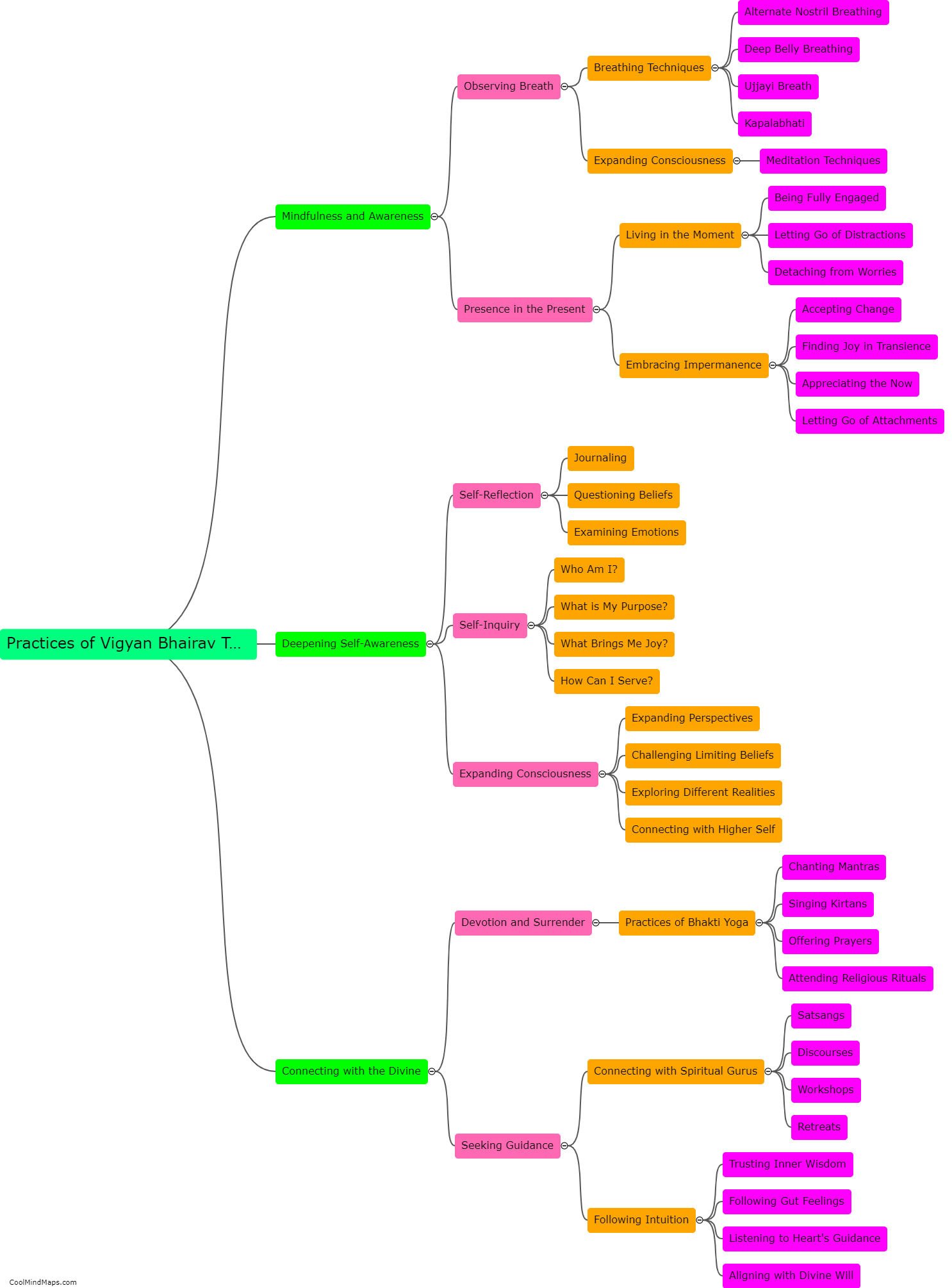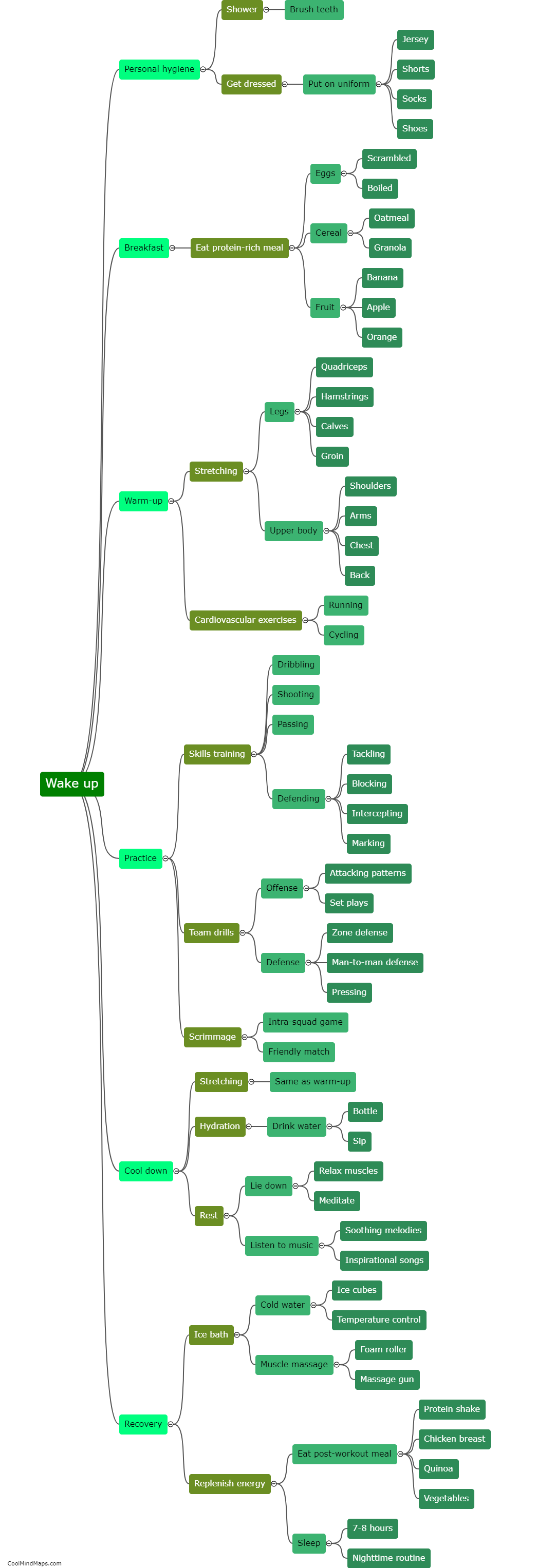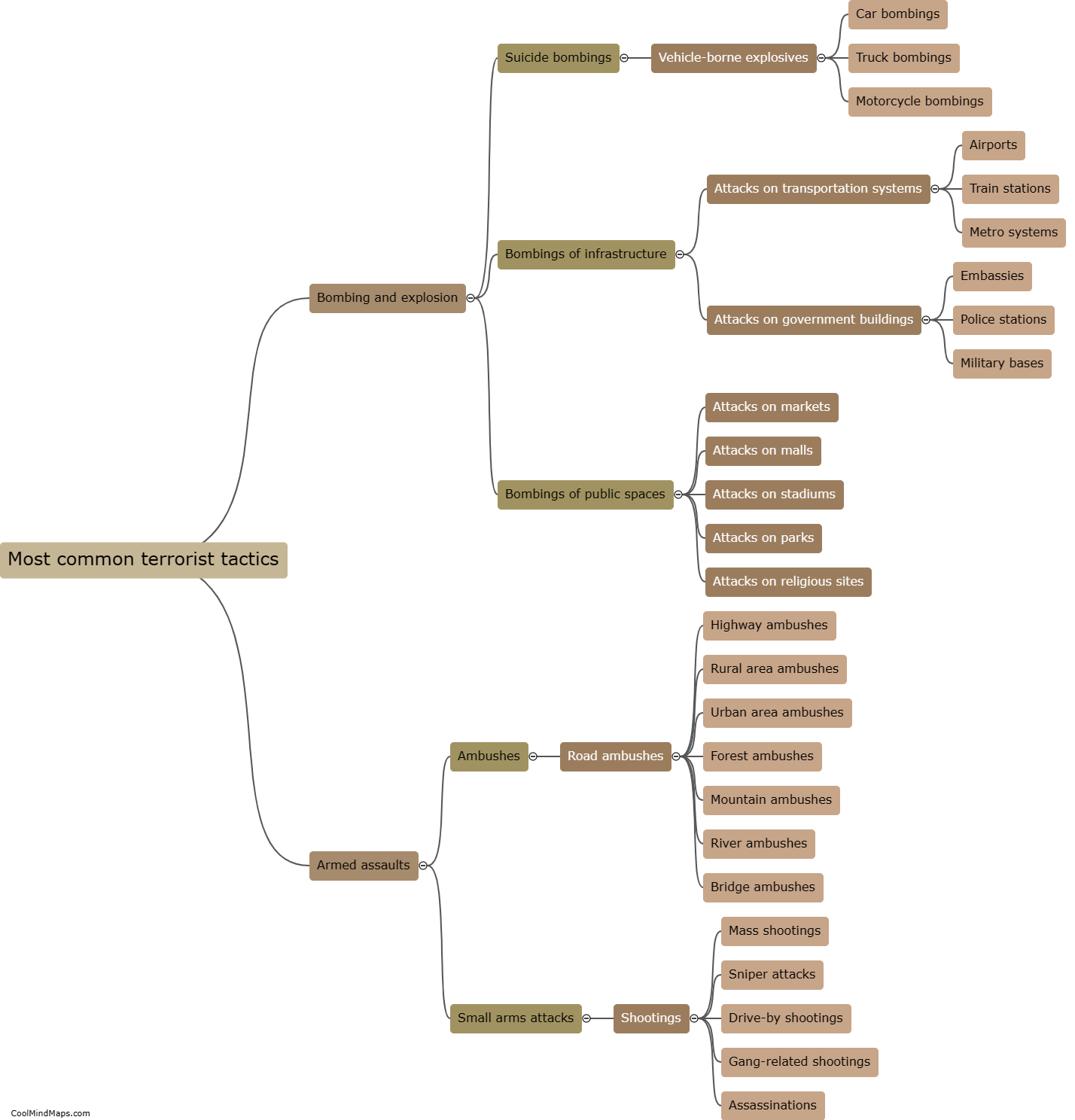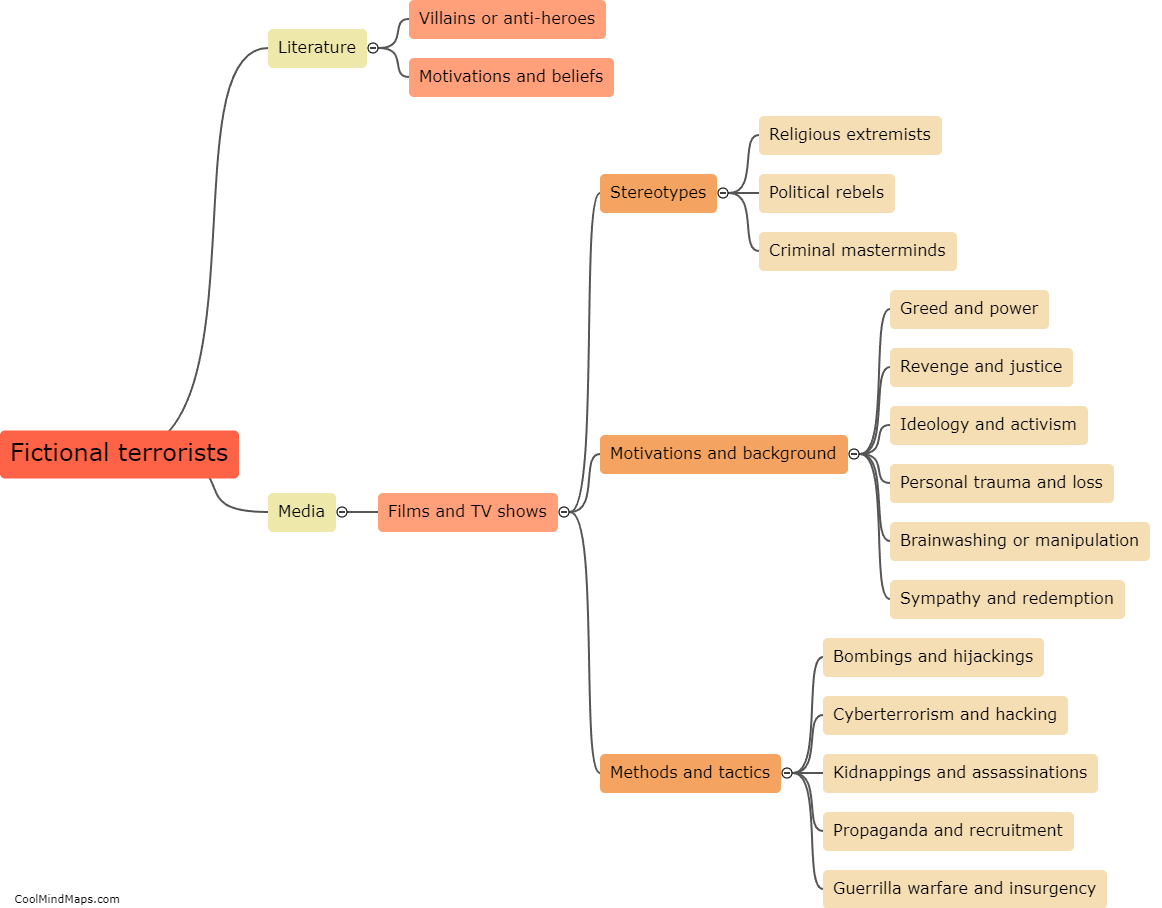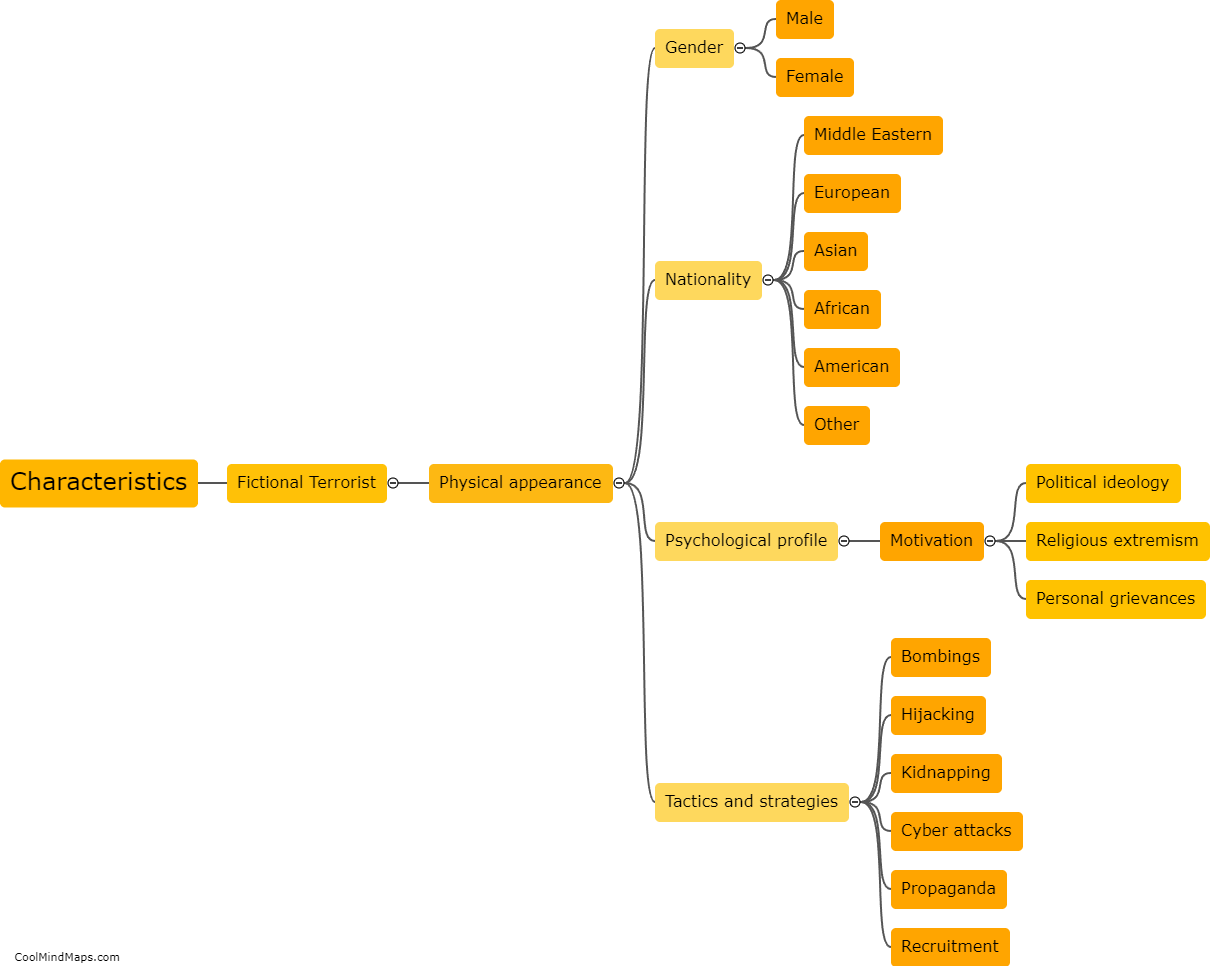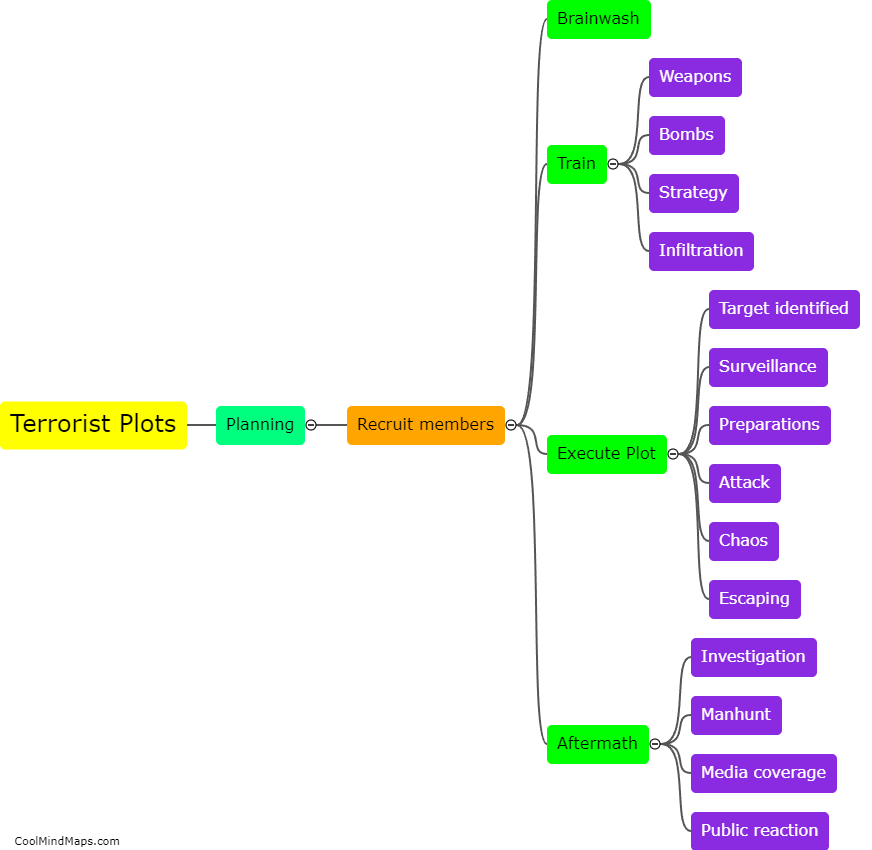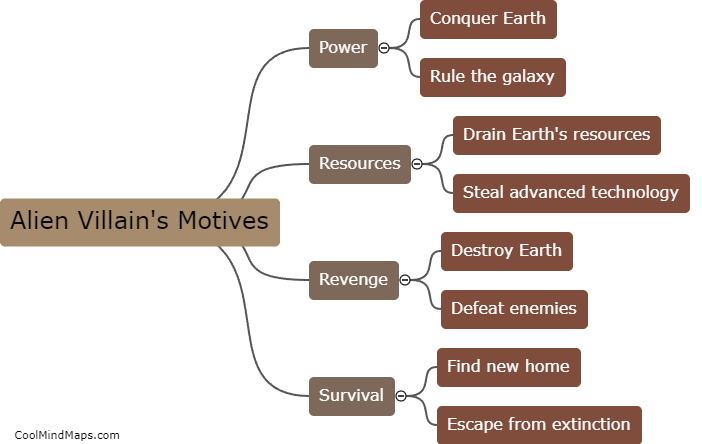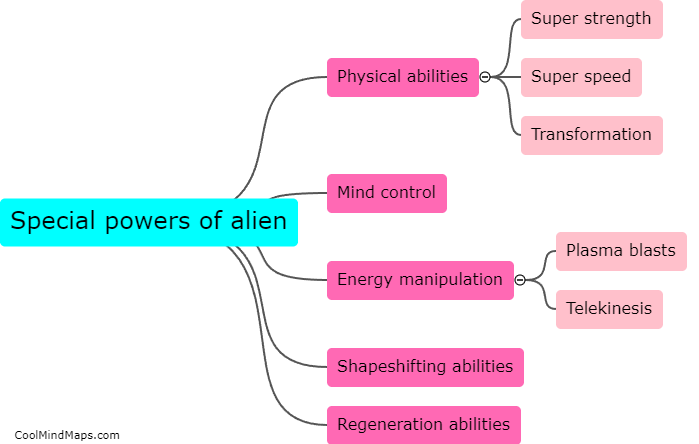What are the motivations behind fictional terrorist acts?
Fictional terrorist acts are often motivated by various factors that reflect the complexity of human nature and global political landscape. One of the primary motivations is the desire for power and control. Terrorists in fiction might seek to disrupt existing systems, undermine governments, or incite fear to gain influence or impose their ideology. Another significant motivation is revenge, driven by a traumatic personal experience or a deep-rooted grievance against a certain group or society. In some cases, fictional terrorists might be driven by a sense of injustice, feeling marginalized or oppressed, and resorting to extreme measures to fight against perceived oppressors. Additionally, fictional terrorism can serve as a means of highlighting and critiquing societal issues such as political corruption, social inequality, or religious extremism. Ultimately, these motivations reveal the intricate and multi-faceted dynamics that authors and storytellers explore when incorporating fictional terrorist acts into their narratives.
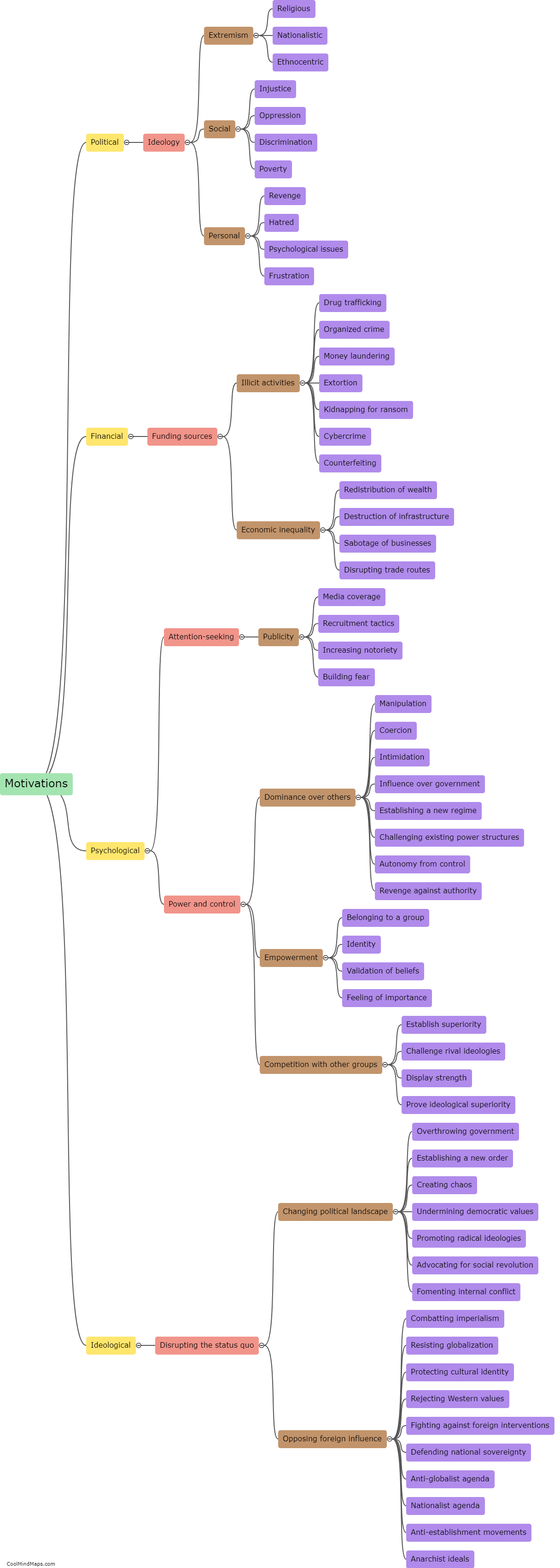
This mind map was published on 12 December 2023 and has been viewed 113 times.
